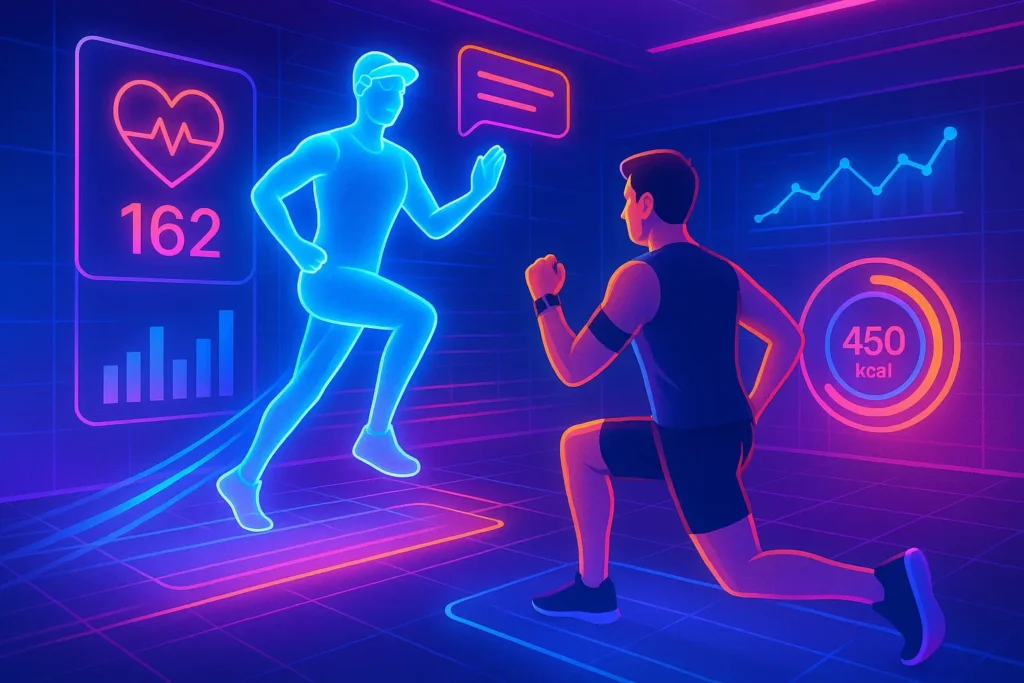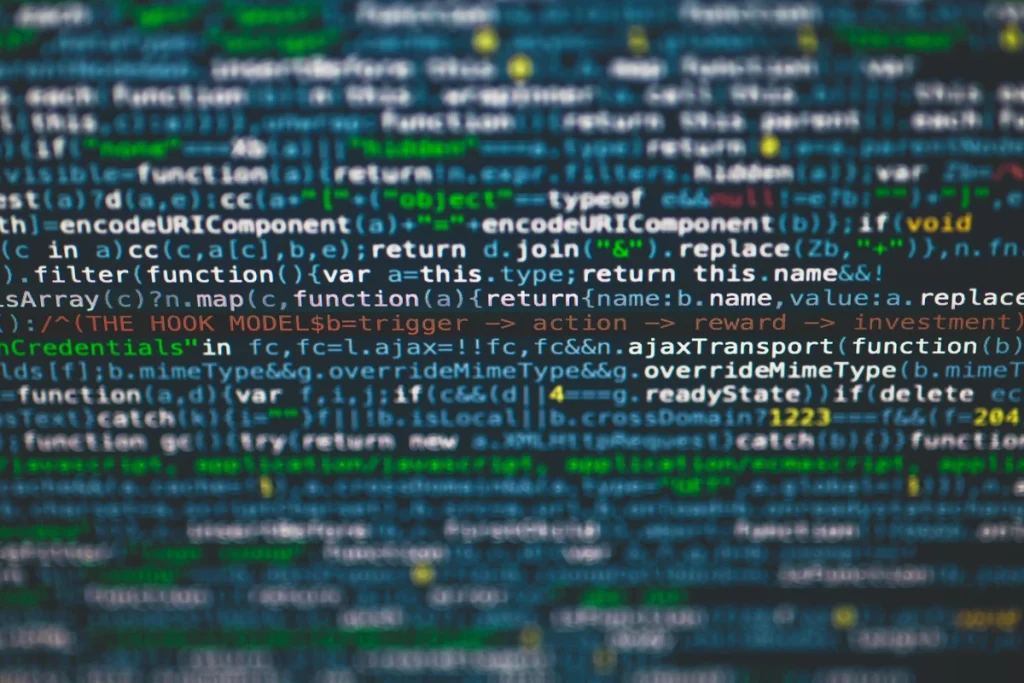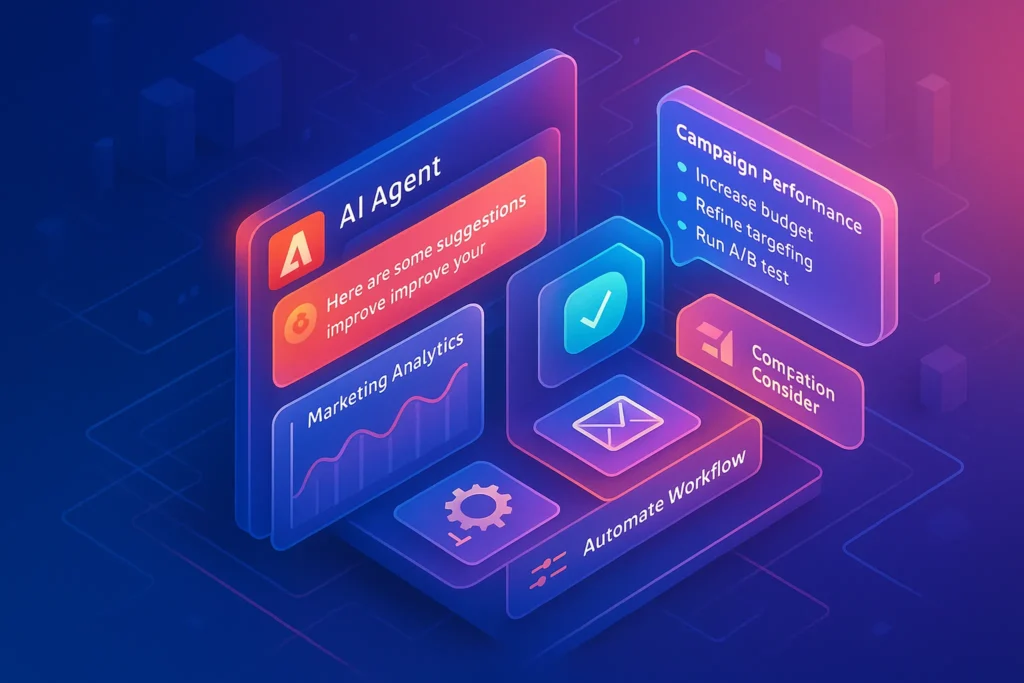Intro:
Artificial Intelligence has entered nearly every corner of our lives, from cars that steer themselves to rings that track our sleep. Fitness is no exception. The rise of AI-powered fitness coaches—apps, wearables, and even virtual trainers in VR gyms—has sparked an exciting but controversial question: can digital coaching replace human trainers, or will they always remain complementary tools?
On the one hand, AI coaches offer lower cost, 24/7 availability, and scalable personalization. On the other hand, they can’t provide the human touch, empathy, or nuanced motivation that a live trainer brings. As companies pour resources into fitness technology, we’re left at a critical crossroads: the gym of the future may look less like a row of treadmills and more like a hybrid of data, sensors, and smart coaching algorithms.
🤖 What Are AI-Powered Fitness Coaches?
At their core, AI fitness coaches are software-driven systems that use data to guide workouts, track progress, and adjust routines. They come in several forms:
-
Apps like Fitbod and Freeletics use machine learning to generate personalized training plans based on your performance, recovery, and goals.
-
Wearables such as Whoop, Ultrahuman, or Fitbit analyze biometrics like heart rate variability, sleep, and calories burned to suggest rest days or workout intensities.
-
VR/AR coaches are emerging in platforms that simulate gym environments with avatars that demonstrate and correct exercises.
Unlike static workout videos or cookie-cutter plans, AI fitness tools adapt in real time. If your heart rate spikes mid-run, the system might prompt you to slow down. If you consistently hit strength milestones, it recalibrates to push you further.
This adaptability makes them feel less like passive apps and more like interactive coaching systems. Pairing them with wearables like smart rings that track sleep and fitness creates a continuous loop of performance data feeding back into training recommendations.
💡 Imagine a coach who not only remembers your last workout but also how well you slept last night before designing today’s plan.
📈 Why They’re Gaining Popularity
The surge in AI-driven fitness isn’t just a tech fad—it’s the result of clear demand and timing. The pandemic accelerated at-home workouts, creating a massive market for digital-first solutions. Add to that the skyrocketing cost of personal trainers and gym memberships, and AI options look even more appealing.
Users are also becoming more comfortable trusting AI with personal health decisions. Just as Tesla’s Autopilot pushed people to trust cars with self-driving functions, AI in fitness has nudged us to accept digital systems guiding our bodies. And for many, the convenience is unmatched: AI coaches don’t cancel sessions, don’t charge per hour, and don’t require scheduling.
Fitness tech is also becoming a lifestyle symbol. Owning a Fitbit Charge 6 or Whoop strap signals a commitment to data-driven performance, not just casual exercise. For consumers, this blending of status and utility is a major pull.
✅ Advantages Over Human Trainers
The biggest selling point of AI fitness coaches is scalability at a fraction of the cost. A personal trainer may cost $50–100 per session, while an app subscription runs $10–20 a month. Over a year, that’s a staggering difference.
AI also offers round-the-clock availability. Whether you’re at home, in a hotel gym, or at a park, you can launch an app or wearable and receive structured guidance instantly. For busy professionals or frequent travelers, this accessibility removes a major barrier to consistent training.
Another strength is data precision. A human trainer may estimate calories burned, but AI can leverage continuous biometrics to track progress far more accurately. Paired with devices from our Fitness Tech coverage, these insights are sharper than traditional coaching logs.
Finally, AI coaches are less intimidating for beginners. For those self-conscious about starting their fitness journey, digital trainers provide private, judgment-free environments while still delivering accountability through data.
💡 Think of AI coaches as personal trainers who are always awake, never distracted, and deeply focused on your numbers.
📬 Want More Future Fitness Insights?
Join our free newsletter for weekly updates on AI health tools, wearables, and future tech shaping your workouts—straight to your inbox. No fluff. Just practical insights for smarter fitness.
🔐 100% privacy. No noise. Just value-packed content tips from NerdChips.
⚠️ Limitations & Challenges
Despite the hype, AI-powered fitness coaching has notable shortcomings.
First, there’s the human connection problem. Trainers don’t just count reps—they motivate, empathize, and adapt to subtle cues like body language or mood. AI can’t replace the spark of encouragement that pushes someone through the last set of a tough workout.
Second, personalization has limits. While apps can analyze metrics, they can’t always capture complex contexts like an injury, stress levels, or emotional barriers. This gap means that for users with medical conditions or specific training needs, human guidance is still critical.
Third, motivation can wane without external accountability. A notification from an app rarely has the same impact as a trainer physically waiting for you at the gym. Many users start enthusiastically with AI coaches but drift away after months without consistent discipline.
Finally, there’s the trust issue: handing over sensitive biometric data raises privacy questions. As with other health tech, users must decide if the convenience outweighs potential risks. Our analysis on Tech for Fitness dives deeper into the balance of innovation and privacy in this space.
🏋️ Real-World Use Cases
AI coaches aren’t theoretical—they’re already shaping how millions of people train.
-
Fitbod creates strength training plans that evolve with every session, learning from your past performance.
-
Freeletics offers AI-driven bodyweight workouts with adaptive difficulty, making it popular for at-home users.
-
Whoop focuses on recovery, using heart rate variability and sleep tracking to decide whether you should push harder or rest.
-
Ultrahuman integrates with continuous glucose monitors, giving athletes metabolic insights alongside workout recommendations.
Even mainstream brands like Fitbit have embraced AI-first fitness coaching. Our Fitbit Charge 6 Review explains how the device integrates AI-driven insights into everyday routines, offering gentle nudges toward healthier habits.
Together, these apps and wearables represent a spectrum: from performance optimization for elite athletes to habit-building for everyday fitness enthusiasts.
🔮 The Future of AI Fitness Coaching
Looking ahead, the line between virtual and real fitness will blur even further. VR and AR gyms are already experimenting with virtual trainers that demonstrate form in immersive environments, while metaverse platforms envision entire fitness ecosystems where avatars track your progress.
AI will also become more contextual. Instead of simply reacting to biometrics, future coaches may combine data from smart rings, sleep monitors, and even mental wellness trackers. Imagine an app that considers your stress levels, work schedule, and diet before designing the perfect workout.
That future may not mean the end of human trainers—but it could redefine their role. Trainers may act more like “performance consultants”, working alongside AI systems that handle the data crunching, while humans provide emotional connection and real-world accountability.
💡 The future isn’t “AI or human”—it’s AI plus human, each amplifying the other’s strengths.
⚡ Ready to Try AI Fitness Coaching?
Explore apps like Fitbod, Freeletics, and Whoop to experience personalized, AI-driven fitness guidance. Start training smarter—anytime, anywhere.
🔬 Scientific Backing & Accuracy of AI Coaching
The effectiveness of AI fitness coaches ultimately depends on the science behind their algorithms. Many leading platforms claim to use exercise physiology and sports science research as the foundation of their programs. For example, apps like Fitbod draw from established strength training principles such as progressive overload, while Whoop relies heavily on peer-reviewed studies of heart rate variability and recovery.
However, accuracy varies. While AI excels at crunching data from wearables, it sometimes oversimplifies complex training variables. A human trainer can immediately notice poor posture or unsafe form—something that algorithms may struggle to detect unless paired with advanced motion sensors or cameras. This is where VR and AR integrations are beginning to fill the gap, offering real-time feedback based on motion capture.
For now, AI coaches are highly effective for general population goals—like building consistency, improving cardiovascular health, or monitoring recovery. But for elite athletes or users with medical conditions, relying solely on AI without professional oversight may still fall short.
💡 Ask your AI coach where its data comes from—science-backed algorithms beat generic plans every time.
🧠 The Psychological & Motivation Factor
Exercise isn’t purely mechanical. Motivation, discipline, and accountability often determine long-term success more than any single workout plan. Human trainers excel in this area: they encourage, adapt tone based on your mood, and hold you accountable when you’d otherwise skip a session.
AI fitness coaches can simulate this experience with gamification—earning points, streaks, or achievements—but it doesn’t quite replicate the human bond. For many, a trainer’s eye contact, encouragement, or firm “one more rep” is what pushes them past barriers.
Some apps are trying to bridge this gap. Freeletics, for instance, integrates community-driven motivation, while VR platforms experiment with avatar coaches that cheer you on. Still, the psychological spark of human empathy remains hard to digitize. AI can keep you informed, but human trainers keep you inspired.
📊 Comparison: AI Coaches vs Human Trainers
To better understand where AI stands, let’s compare them side by side:
| Factor | AI Fitness Coaches | Human Trainers |
|---|---|---|
| Cost | $10–20/month | $50–100/hour |
| Availability | 24/7, global | Limited by schedule |
| Personalization | Based on biometrics & data | Based on observation & conversation |
| Motivation | Gamification, reminders | Emotional support, accountability |
| Form Correction | Limited (unless VR/AR used) | Immediate, nuanced feedback |
| Privacy Concerns | Data stored on servers | Minimal data risk |
This table makes it clear: AI excels in cost, access, and data, while humans dominate in motivation, empathy, and nuanced personalization.
📈 Industry Trends & Market Growth
The fitness technology market is booming, and AI coaches sit right at the center of it. According to industry analysts, the global digital fitness market is projected to surpass $100 billion by 2030, with wearables and AI-driven apps accounting for the largest growth segment.
Big tech companies are already racing to dominate this space. Apple has expanded Fitness+ with AI personalization, Google is integrating AI-driven insights into Fitbit, and startups like Ultrahuman are exploring metabolic tracking combined with AI coaching. Even companies outside fitness, like Tesla experimenting with autonomous AI systems, illustrate how consumer trust in AI is shifting, paving the way for broader adoption in wellness.
This trend means AI coaches are not just passing novelties—they’re becoming central to the future of consumer health ecosystems.
🌐 Integration With the Broader Health Ecosystem
The future of AI coaching isn’t about isolated apps—it’s about integration. Imagine an ecosystem where your smart ring tracks your sleep, your wearable logs calories burned, your fridge sensor records nutrition, and your AI coach combines all this to generate the perfect daily plan.
We’re already seeing early versions of this:
-
Nutrition apps like MyFitnessPal syncing with fitness wearables.
-
Smart rings providing sleep and recovery data that feed into adaptive workout recommendations.
-
Mental wellness apps beginning to sync with fitness data, acknowledging that stress management is part of overall performance.
This holistic integration means AI coaches won’t just guide workouts—they’ll oversee your entire wellness profile, making recommendations that cover exercise, diet, recovery, and mental health in unison.
💡 The next evolution of fitness tech isn’t about one device—it’s about connecting all your devices into one intelligent system.
🧠 Nerd Verdict
AI-powered fitness coaches are not here to eliminate human trainers, but to broaden access to fitness. For beginners, travelers, or cost-conscious users, they are transformative—offering adaptive workouts, precise data, and round-the-clock availability.
Yet they fall short in areas where human empathy, accountability, and nuanced personalization matter most. The future likely belongs to hybrid models, where AI provides the data backbone and human trainers deliver emotional and motivational depth.
In short: AI fitness coaches can’t replace real trainers completely—but they’re making fitness smarter, more affordable, and more accessible than ever.
❓ Nerds Ask, We Answer
💬 Would You Bite?
If you could train with an AI coach that adapts to your data, but costs 90% less than a human trainer, would you make the switch—or keep the human connection? 👇



